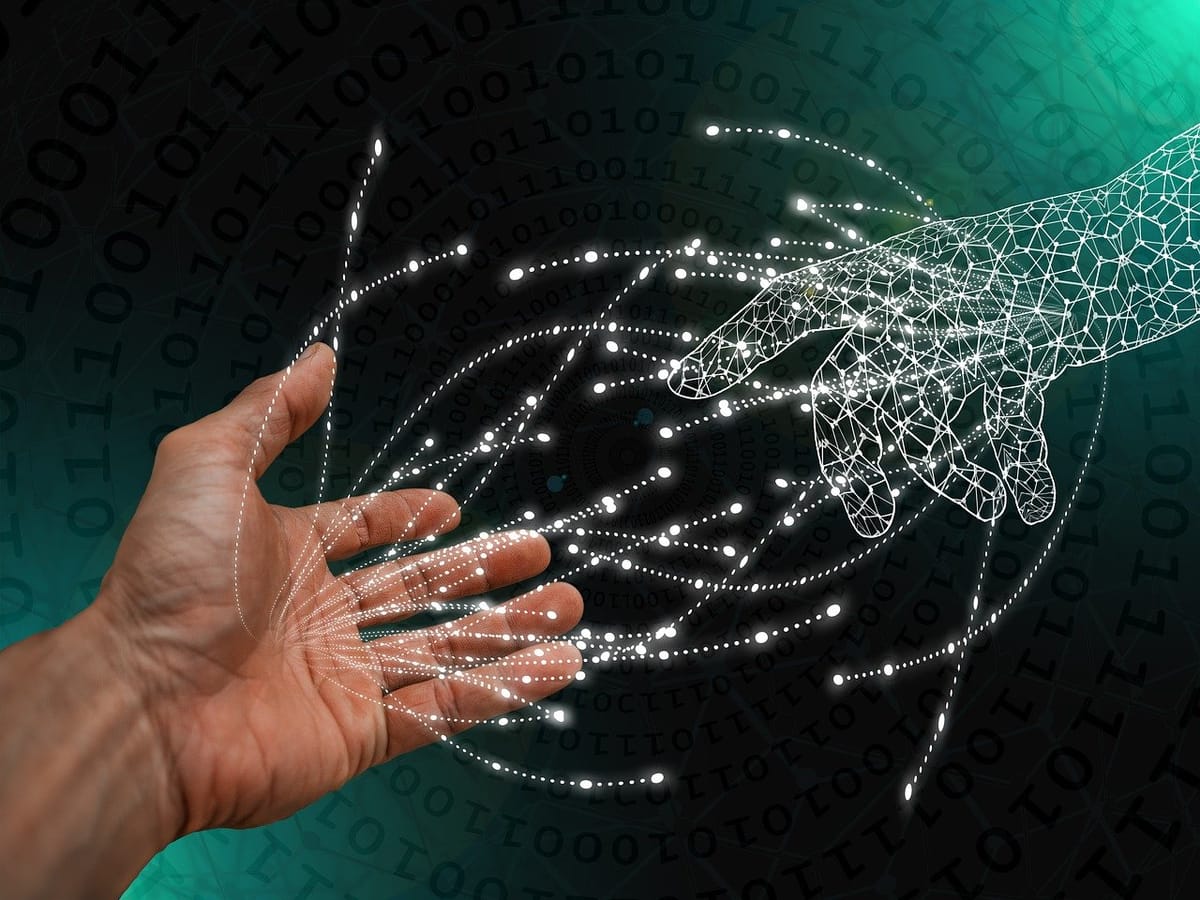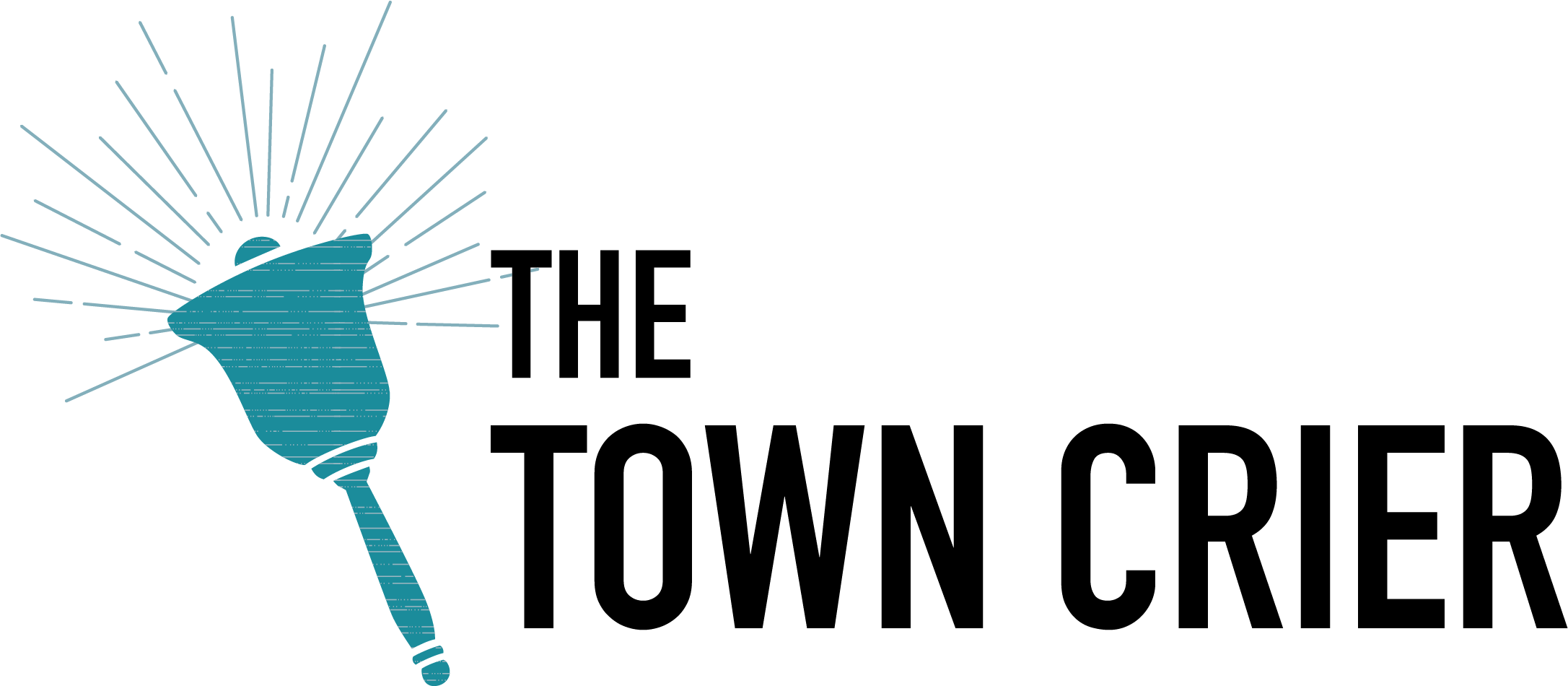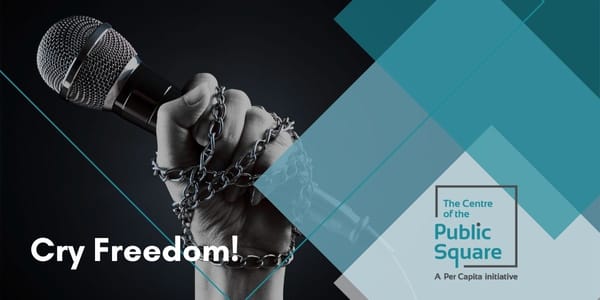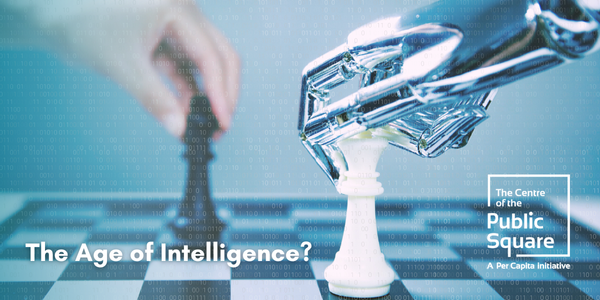Can Scarlett Johannson Save the World?

Hear Ye, Hear Ye!
In a world of division and discord at least we can agree on the villain: the giant data companies that have taken over the internet and the tech bros who own them.
Who would have thought the most powerful companies on earth would reveal themselves to be dedicated to their own power and wealth and not those of the people they purport to connect?
If there is an AI revolution there may be some ‘positions reserved’ signs against the wall specially reserved for these digital overloads.
Mark Zuckerburg’s Meta has been classified a threat to children, the vitriolic national campaign being waged against the Murdoch Empire having nothing to do with their company’s decision to withdraw from the News Media Bargaining Code – indeed to say its withdrawing from distributing news altogether.
Elon Musk is locked in a battle with our digital cop Julie Inman-Grant to take responsibility for specific pieces of filth that circulate through his X-rated public sewer.
Tik-Tok remains a threat to our national security according to the China hawks and national security spooks who may or may not have grounds to wonder whether anything could go wrong when an opaque state-controlled algorithm serves a version of reality to the world’s youth.
Meanwhile, Google’s empire is building its very own kryptonite, as this week’s Burning Platform special guest Ricky Sutton argues the single-click AI search could end up lifting the impunity of Section 230 to render itself the one thing a platform fears the most: a publisher.
The good news is, like the Marvel superhero she has always been, Scarlett Johansson is ready to enter the fray to fight the good fight. Her decision to sue Sam Altman’s Open AI after he flatly ignored her refusal to grant consent to use her voice in its latest release could be the moment we twig to the exploitation inherent in the emerging Large Language Models.
The whole thing drips with zeitgeist and irony. Before entering the Marvel Universe as the Black Widow, Johansson played disembodied voice in the Spike Jonze film ‘Her’ about a sad and lonely guy who falls in love with his operating system.
It’s been the stuff of a thousand hot takes this week but my personal favourite from Brian Merchant who argues that Altman has read a lot more into a vision of AI that gives us a soothing and compliant partner to masturbate to. Or maybe that’s precisely the point.
“… Her also happens to offer the clearest vision of AI as an engine of entitlement, in which a computer delivers the user all that he desires, emotionally, secretariat-ally, and sexually — and because the tech is normalized so quickly, fully, and painlessly,” Merchant writes.
The truth is the entire AI machine way beyond the faux Scarlett voice, is built on and designed for entitlement. It has stolen the Intellectual Property of profession writers, academics and normal web users to "train" a system designed to give us everything we want without having to go about the messy business of being a human.
At the points of both input and the output, we are now the object -or more accurately the product.
And here’s the kicker. The global technology companies that have shown themselves unsuitable custodians of our social connections are the very same companies that are now buying up the LLMs that will power the coming “AIevolution”: Google, Meta, Microsoft.
The end point in all this must be a serious consideration of not just how this technology is developed, but who should develop it, for whom and on whose terms.
· Should, as we argued to the Senate Inquiry into AI last week, we be building our sovereign AI capacity?
· Should we be placing positive duties on organisations that deploy AI to ensure it is used safely in the interests of both workers and consumers?
· And who should ultimately have the power to decide where the guardrails should be erected, red lines drawn and existing law enforced?
Whether or not Scarlett Johansson succeeds in suing Open AI will probably not determine the answers to these questions, but they do suggest where the solution lies.
In individuals standing up and saying that’s not OK. Writers and actors and musicians sayings it’s not OK to steal our work. Legislators saying its not OK for these monopolies to write their own rules. And each of us as custodians of our own digital footprint to make our own calls on which companies we empower.
One super-hero is not enough, we need an entire Marvel Universe.
The latest episode of Burning Platforms is out now: Will Google Eat Itself?
What we are clicking:
The Toilet Theory of the Internet – I’ve long argued that Twitter’s demise was caused by the critical mass who were tweeting from the can. Charlie Warzel’s Atlantic piece takes this to a broader philosophy of the Internet and why this might actually condemn Google as well.
Why I’m on Ghost – Gil Durin from Framelab voices his worries of where the libertarian ethos of SubStack is taking it – and how well intention-ed writers might be aiding and abetting.
Plurality – The Future of Collaborative Democracy – I’ve only just started this online book about Taiwan Digital Minister Audrey Tang’s digital democracy project but I’m ready for the ride




